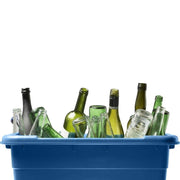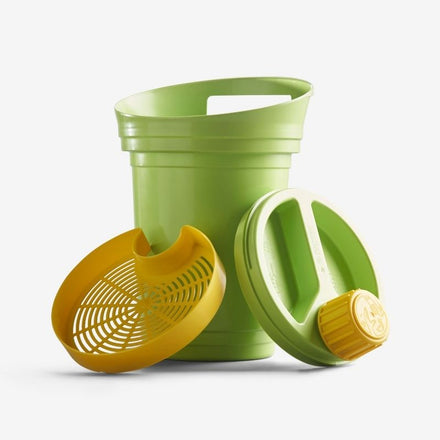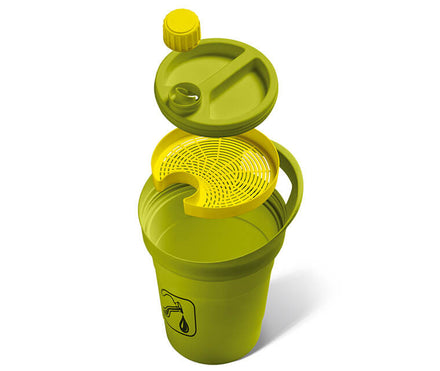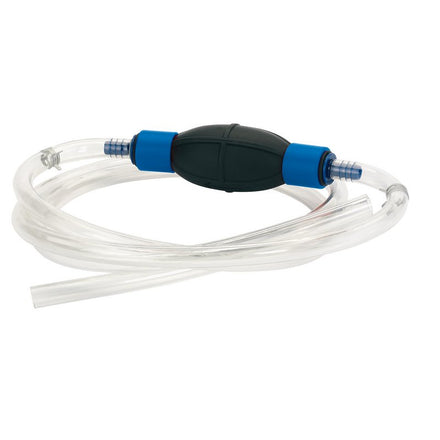A recycling bin is a designated container specifically used for collecting materials that can be recycled instead of being thrown away as waste.

Recycling helps conserve natural resources, reduces the amount of waste sent to landfills, saves energy, reduces pollution, and contributes to a more sustainable and environmentally friendly society.
You can put a variety of materials in a recycling bin; such as paper, cardboard, plastic bottles, glass containers, aluminium cans, steel cans, and certain types of plastic packaging.
Check with your local recycling guidelines or waste management authority to determine what items are recyclable in your area. They often provide detailed information on accepted materials and any specific sorting or preparation requirements.
If an item is not recyclable, it should be placed in the regular trash or disposed of according to local waste management guidelines. Avoid putting non-recyclable items in the recycling bin as they can contaminate the recycling process.
To properly prepare items for recycling, rinse out any food residue from containers, remove lids or caps, flatten or break down cardboard boxes, and separate different materials into their respective categories, if required.
While policies may vary, many recycling programs accept plastic bags and packaging. However, it's often recommended to bring plastic bags to specific drop-off locations, such as grocery stores, as they can cause issues if placed in curbside recycling bins.
Yes, glass containers such as bottles and jars are commonly accepted for recycling. It's best to remove any caps or lids and rinse them out before placing them in the recycling bin.
Paper with ink or tape can often be recycled. Small amounts of ink or tape on paper are typically acceptable.








